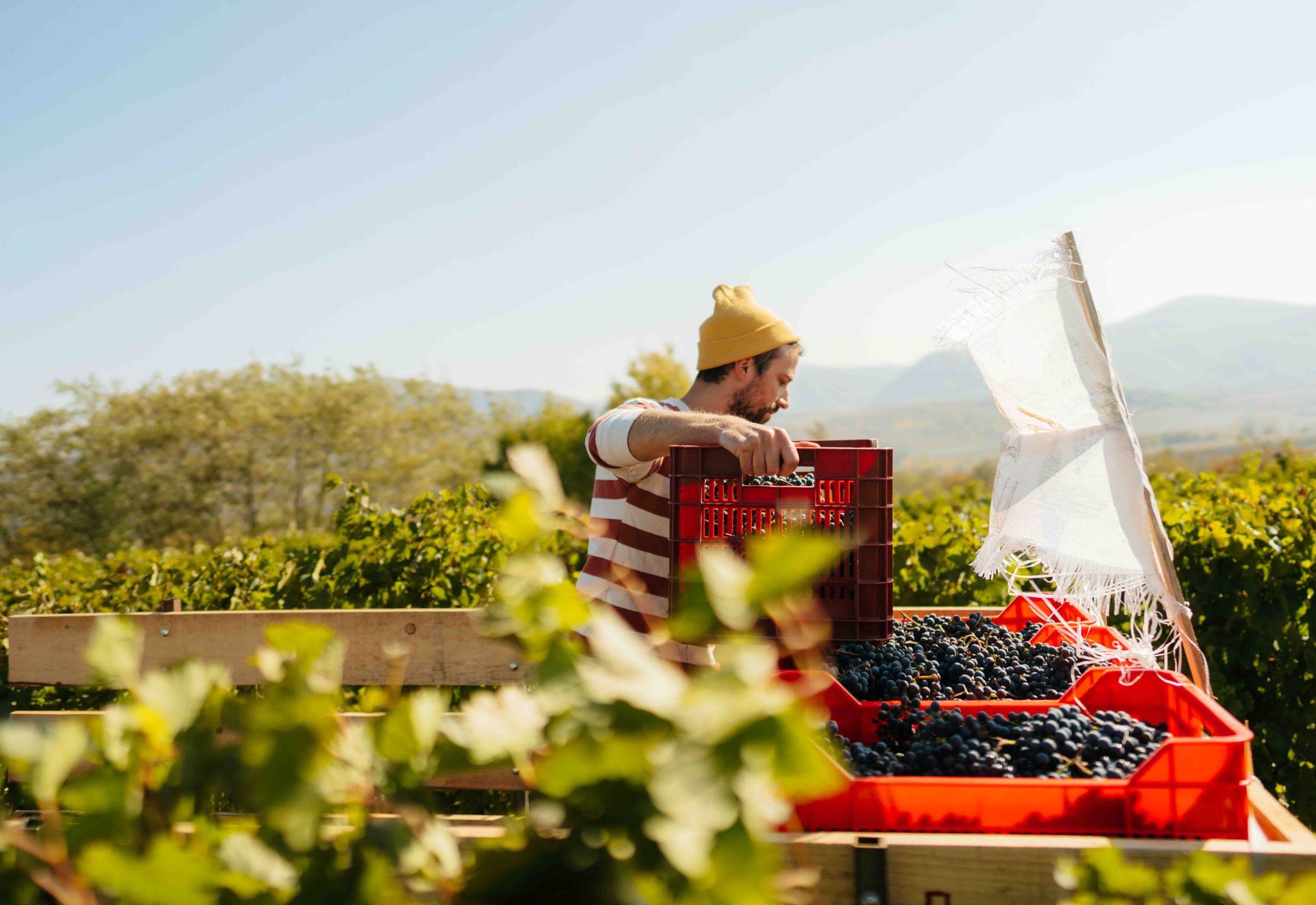With the vintage season fast approaching, wineries across Australia are beginning to feel the crush of the labour shortage that has been left in the wake of the pandemic. With more than one-third of peak seasonal jobs on farms and wineries typically filled by overseas workers, as well as interstate travellers, lengthy border closures and state lockdowns have resulted in major staffing issues for wineries and vineyards over the last two years.
This lack of skilled and semi-skilled workers is particularly palpable as vintage approaches, with a shortage of workers across all areas, from picking and labouring, to wine making and working the cellar doors.
Despite vaccination rates increasing and initial discussions around Australia's international boarders reopening, it is highly unlikely that overseas labour will be back for the 2022 vintage, and employers should not rely on this as a sound staffing strategy.
Ed Milne, National Manager of Australia's leading wine recruitment agency, Acclaimed Workforce (formerly CozWine), says that in order for businesses to enter into vintage in the best possible position, planning will be vital.
"Not only has there been a significant reduction in the number of backpackers and working holiday makers, there's also been a huge drop in the number of international students who would usually work during this time,” Ed says. "Couple this with an all-time low unemployment rate and failing to plan really will mean planning to fail."
"All of these factors combined will see wineries really needing to think outside the box when it comes to their candidate-sourcing process for the 2022 vintage.”
According to Ed, rather than looking to international staff to fill these roles, employers could instead look to local talent and their current workforce and begin training and upskilling them as a way to prepare.
"The lack of international workers doesn't just cause a labour shortage, but also a skills shortage," he says. "Employers can look to locals and those workers already in their employ and put them through training programs, so as to gain the skills needed to fill their gaps." "In this way, they're literally creating their own skilled workforce, who already know their business and culture."
Acclaimed Workforce designs and implements such training and upskilling programs to its clients, connecting wine employers with the relevant industry bodies, training providers and government funding, to bridge their skills gap. He says there is even benefits for businesses to join together during these more challenging times to implement such initiatives.
"Companies should be collaborating to source and upskill workers," he says. "It's easier when you have a number of businesses working together towards the same end goal, and we've had some success with doing this."
Recent data has revealed that recruitment difficulty in Australia's regions is at an all-time high of 54 percent, overtaking recruitment difficulty in capital cities for the first time in decades. And as vintage approaches, the need for more hands-on-deck will only increase.
"Now's the time for wineries to reach out for assistance in sourcing and training locals, and accessing government funding." Ed says. "Labour is now so tight it can come down to just one worker calling in sick, or needing to test and isolate, and production can completely stop for the day."
If you need assistance with sourcing or training staff for vintage, Acclaimed Workforce can help. As a partner to Australia's largest wine producers, our consultants understand the specific needs of wine employers during vintage season. Contact us today to find out how we can help, or find staff here.



